News Desk
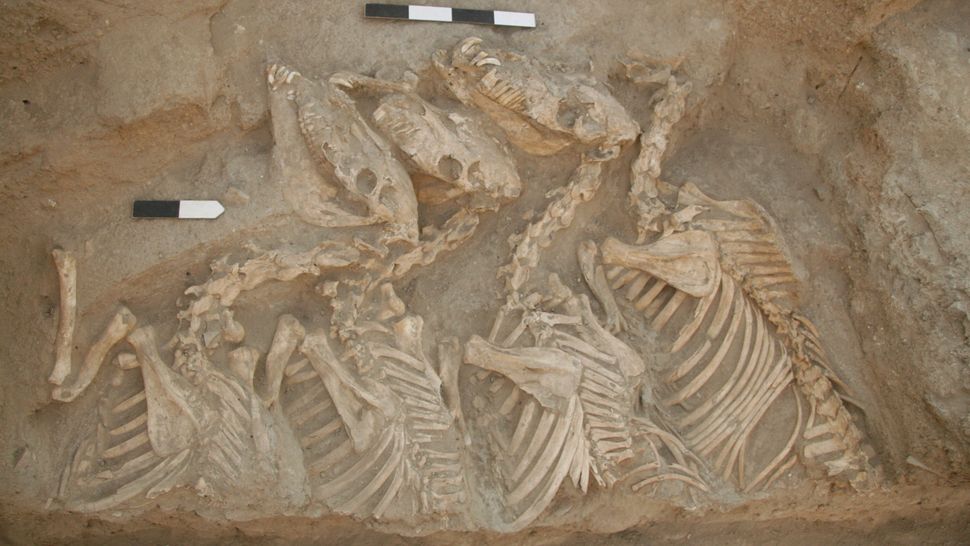
Mesopotamians were using hybrids of domesticated donkeys and wild asses to pull their war wagons 4,500 years ago — at least 500 years before horses were bred for the purpose, a new study reveals
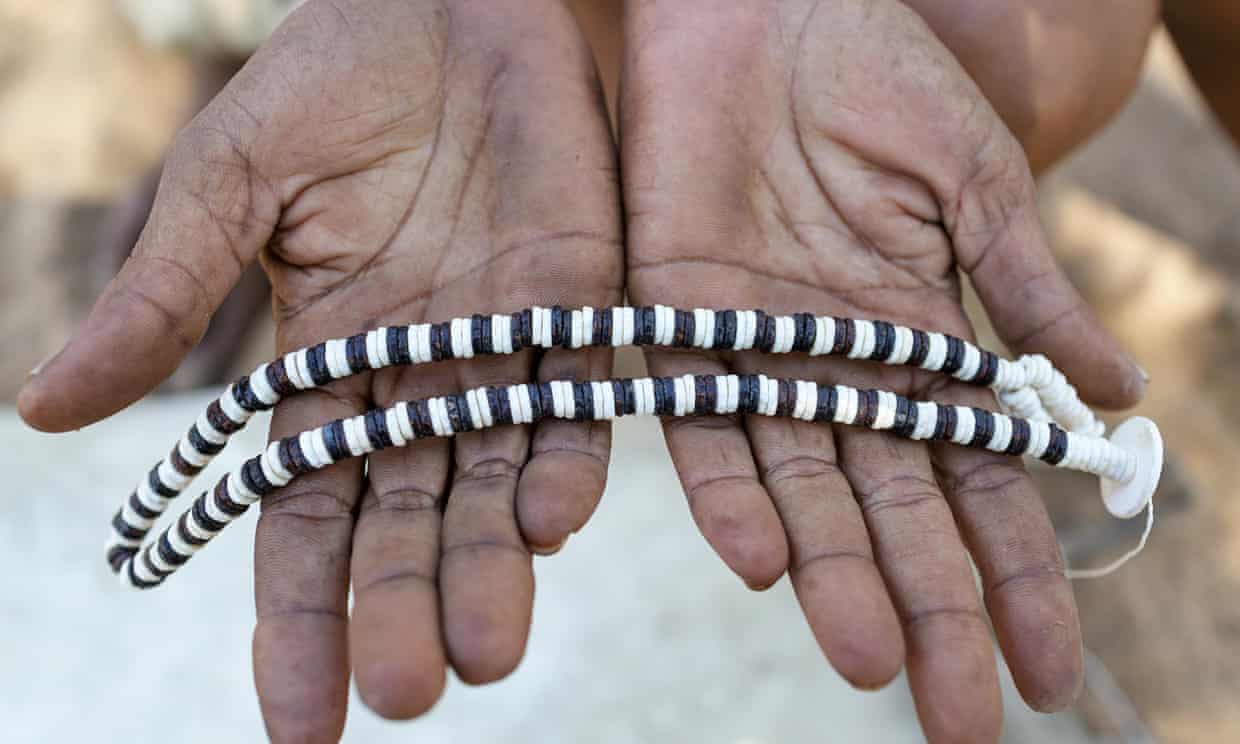
Scientists have uncovered the world’s oldest social network, a web of connections that flourished 50,000 years ago and stretched for thousands of miles across Africa.
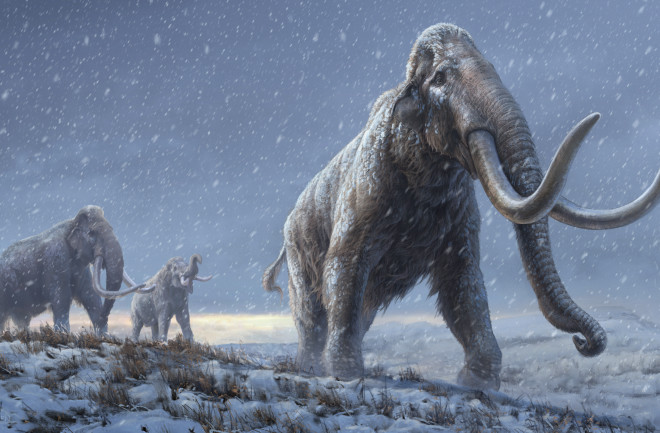
A decades-old Siberian tooth sample has revealed a previously unknown mammoth lineage, along with a potential ancestor’s unexpected adaptations.
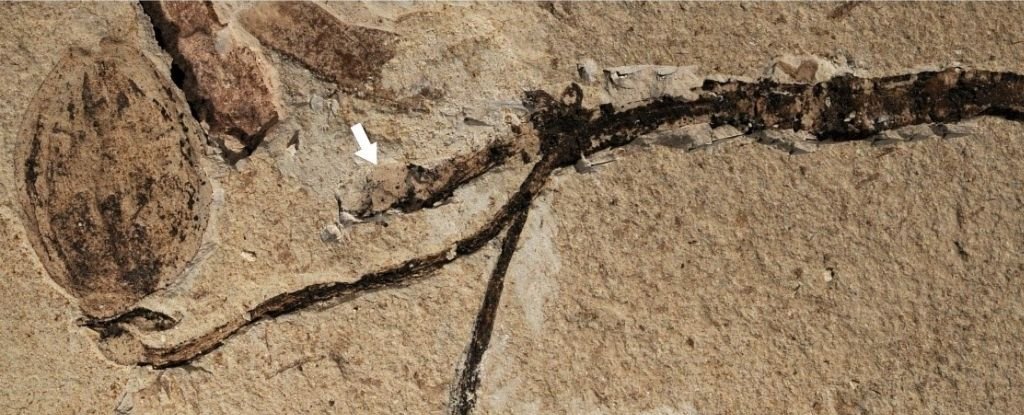
Scientists in China say they have found the oldest flower bud in the fossil record, finally aligning the fossil evidence with the genetic data suggesting flowering plants, or angiosperms, evolved tens of millions of years earlier than we initially thought.
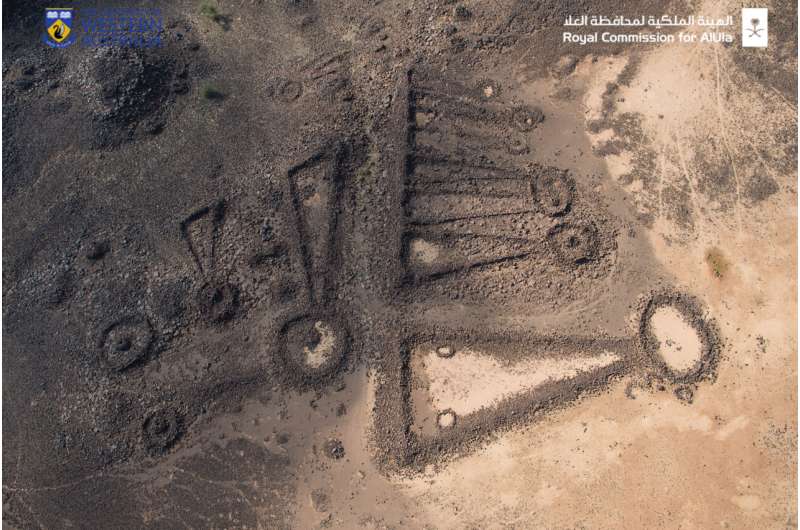
Archeologists from The University of Western Australia have discovered people who lived in north-west Arabia in the Early to Middle Bronze Age built ‘funerary avenues’—long-distance corridors linking oases and pastures, bordered by thousands of elaborate burial monuments.

A non-psychoactive compound found in live cannabis plants could help sabotage the spike protein on coronaviruses, scientists have found.
Image from: Potleaf.jpg (Wiki Commons)

New analysis based on ash from volcanic cataclysm dates an early human found at Omo, Ethiopia, to 233,000 years, supporting the ‘early evolution’ theory for Homo sapiens
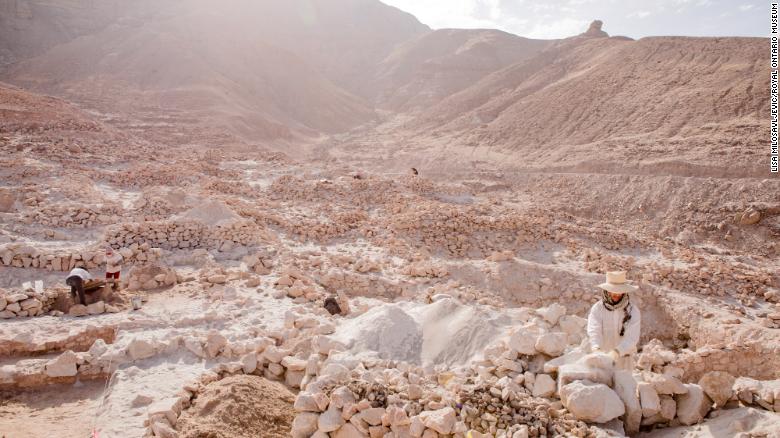
Beer laced with hallucinogenic drugs derived from plant seeds may have helped leaders of a South American culture maintain their political control for hundreds of years, according to new research.
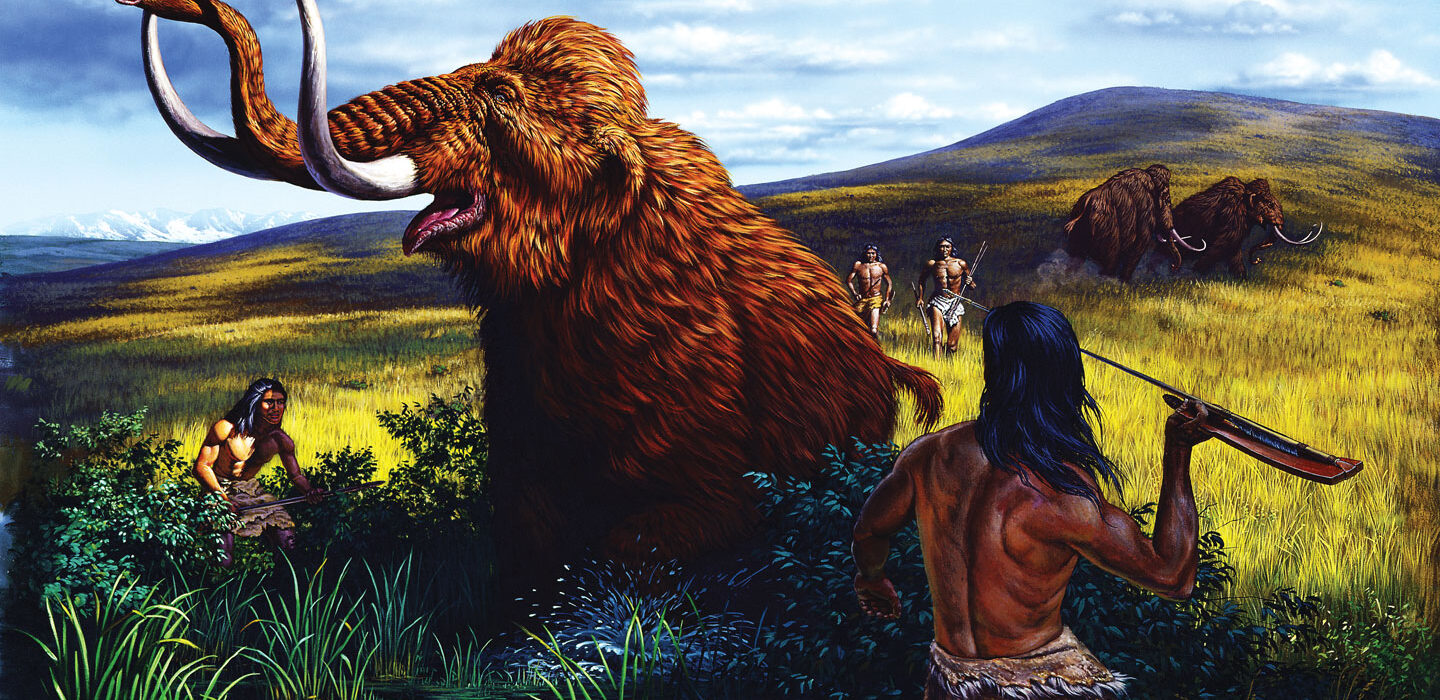
Tests of stone points show that early Americans may have been better scavengers than hunters of the giant beasts.
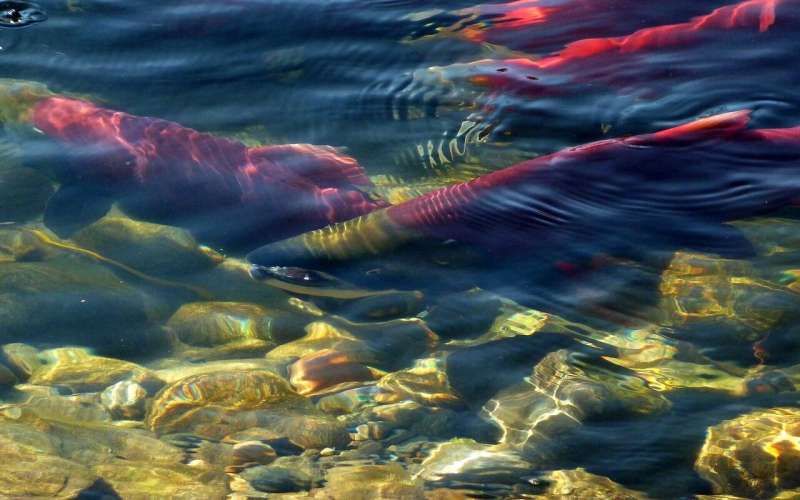
It’s widely understood that animals such as salmon, butterflies and birds have an innate magnetic sense, allowing them to use the Earth’s magnetic field for navigation to places such as feeding and breeding grounds.
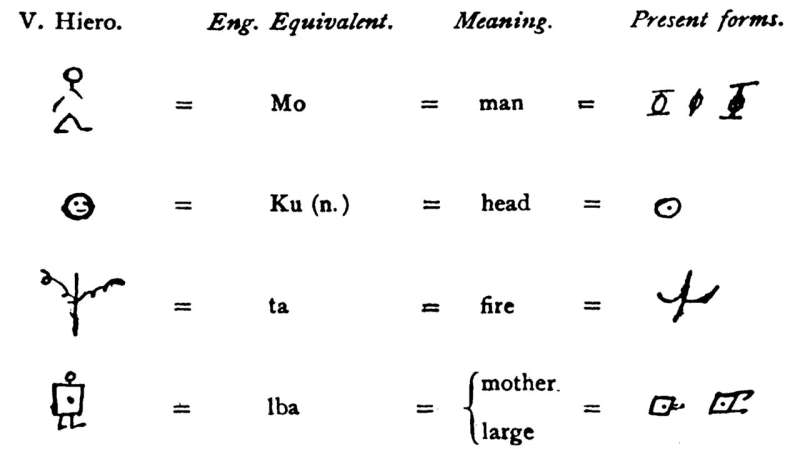
The world’s very first invention of writing took place over 5000 years ago in the Middle East, before it was reinvented in China and Central America. Today, almost all human activities—from education to political systems and computer code—rely on this technology.
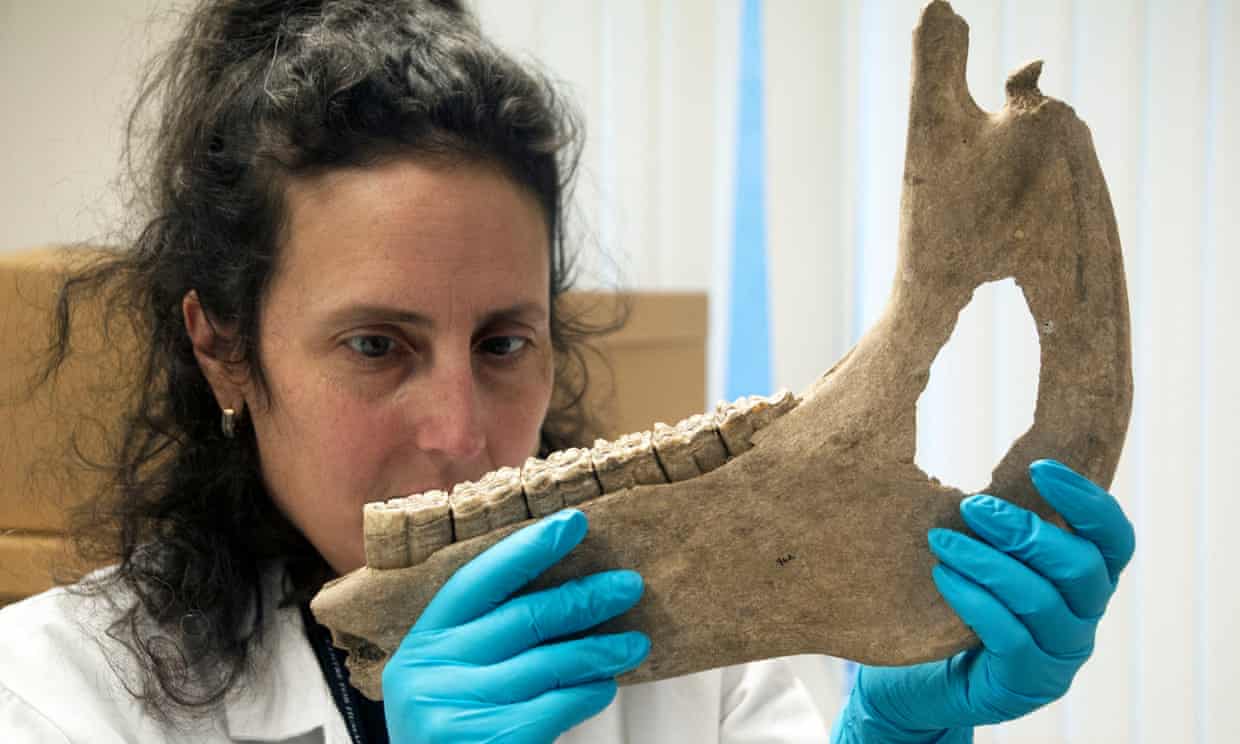
In films and literature, they are usually depicted as hulking, foot-stomping, snorting beasts but a new study has claimed that the medieval warhorse was typically a much slighter, daintier animal.
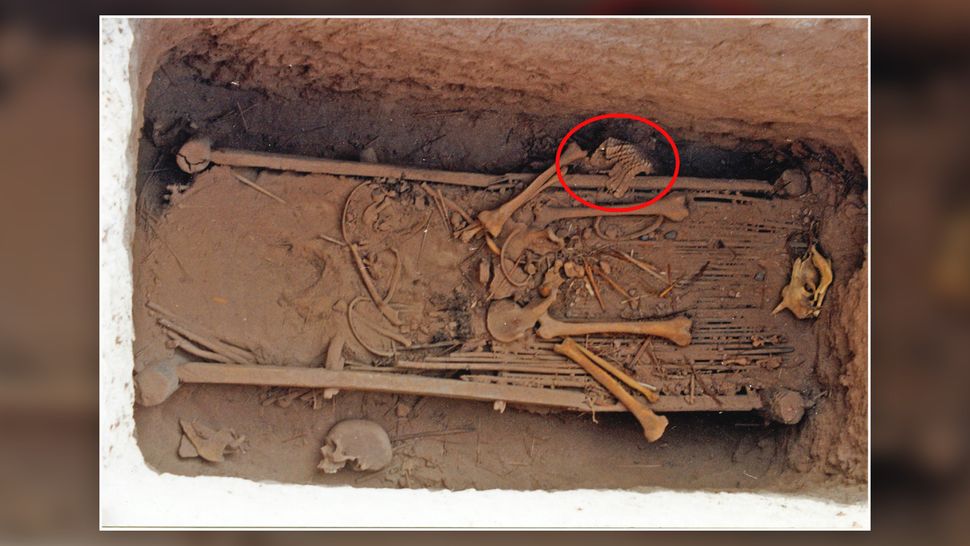
About 2,500 years ago, a man in northwest China was buried with armor made of more than 5,000 leather scales, a military garment fashioned so intricately, its design looks like the overlapping scales of a fish, a new study finds
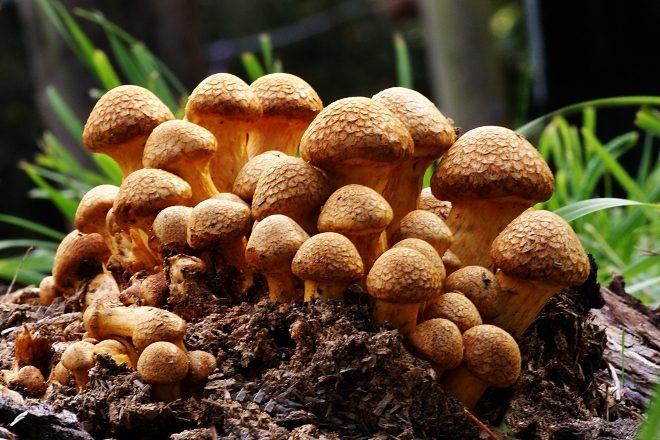
Canada has amended federal regulations now allowing patients suffering from life-threatening mental illnesses to be treated with MDMA and psychedelic drug psilocybin.

It might be an imaginary character straight out of a Dr Seuss book: The goldfish who could drive. But it’s real.
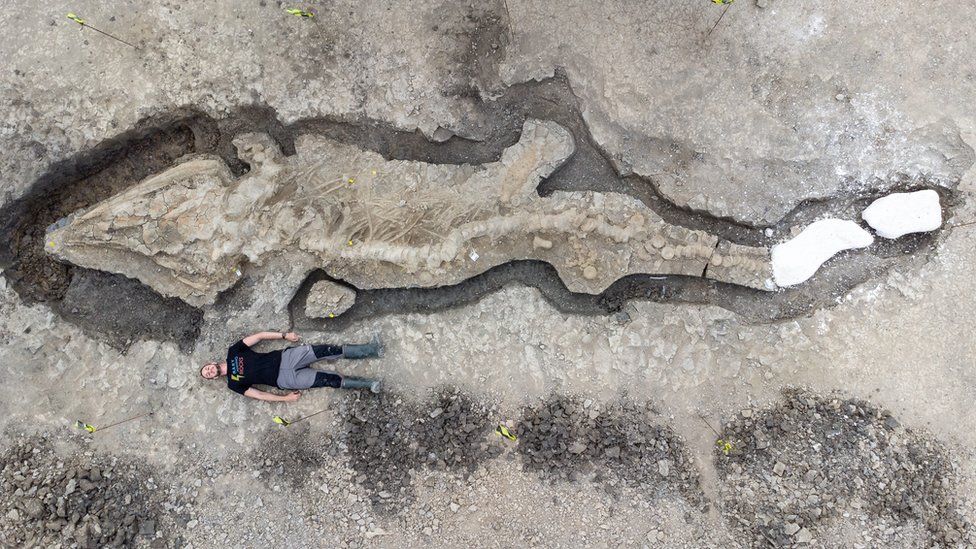
“I rang up the county council and I said I think I’ve found a dinosaur,” explained Joe Davis, who works at Rutland Water Nature Reserve.








